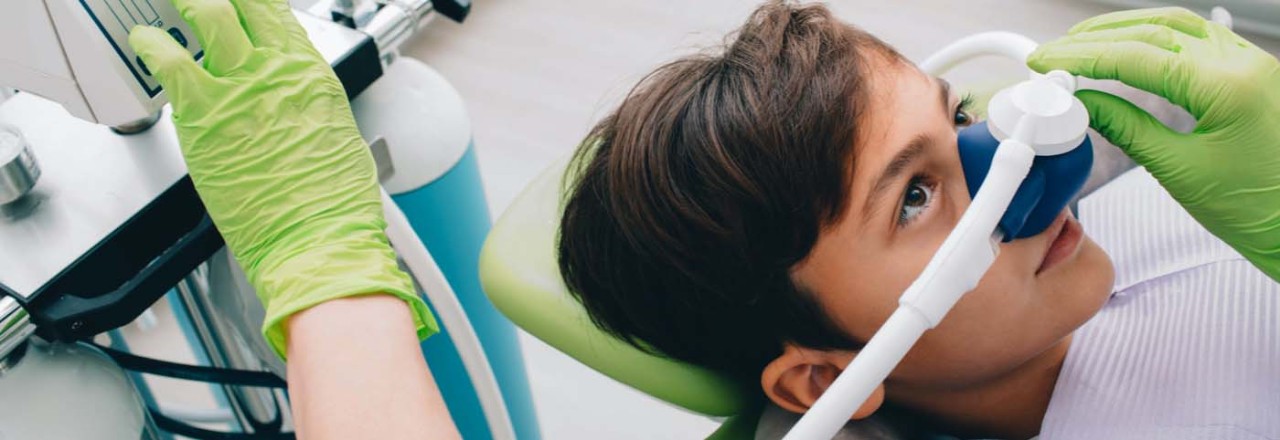Laughing gas: What you need to know

A dentist may use laughing gas, also known as nitrous oxide, to mildly sedate you during more complex dental procedures such as drilling or oral surgery.
How does laughing gas work?
Laughing gas leaves you conscious but dulls your pain and awareness. Its name comes from the calming effect that it has on the mind and body, sometimes causing a euphoric or giddy feeling that can even bring on a laughing fit.
Do I need laughing gas?
Laughing gas isn't necessary for pain relief, because your dentist delivers local anesthetic to the site of treatment. However, you may find it helpful if you have dental anxiety and find it difficult to relax during dental procedures.
Is laughing gas safe?
Laughing gas is not only an easy alternative to full sedation, it’s also extremely safe, even for children and pregnant women.
You may be advised to pass on laughing gas in these cases:
- You have a phobia or disability that prevent you from breathing through a mask.
- You have a psychiatric condition, such as schizophrenia.
- You're sensitive to nitrous oxide.
- You have emphysema or another lung condition.
Modern dental procedures are performed with your comfort and best interest in mind. Laughing gas is just another option to make your visit as comfortable and pain-free as possible.
Is laughing gas covered by my dental plan?
Laughing gas is typically not a benefit of most plans, so you may be responsible for the fee.
Always check your plan booklet to confirm your coverage, or ask your dental office to request a pre-treatment estimate from Delta Dental.
Last updated January 31, 2022
Related articles:
The oral health information on this website is intended for educational purposes only. Always consult a licensed dentist or other qualified health care professional for any questions concerning your oral health.


